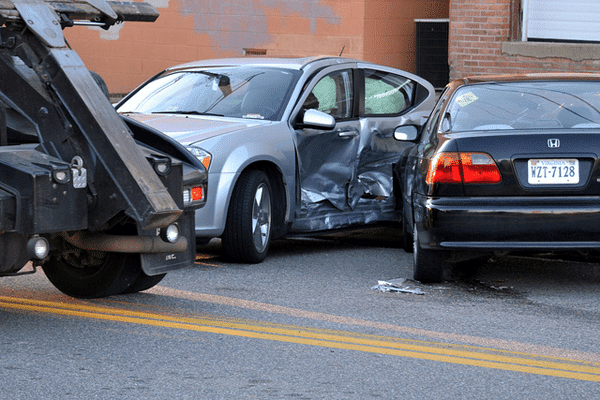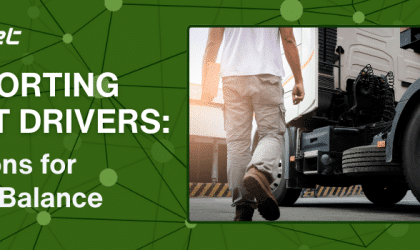Should Fleet Managers Repair Or Replace Damaged Vehicles
Damaged Vehicles: Should Fleet Managers Repair Or Replace?
When a fleet vehicle gets in an accident, the fleet manager must decide if the vehicle should be repaired or replaced. Unfortunately, this can often occur several times during the year. Although getting a call from the driver saying he was in an accident is a dreaded call for all fleet managers, they must be ready to get the situation taken care of quickly. If the fleet manager knows the value of the asset and collects the right data, the decision can be simple.
Of course, the first thing the fleet manager needs to do is make sure that nobody has been injured. Next the manager must begin gathering information about the parties involved, physical damage to the vehicle and what has to be done to get their driver back on the road. Once that information is obtained, the fleet manager must make the critical decision of whether the vehicle should be repaired or replaced.
Know The Basics
Fleet managers must know the market value of their mobile assets. Once the vehicle is in an accident, the damage will reduce its market value. If the vehicle is leased by the company, the unamortized principle balance is the remaining company investment in the vehicle. If the vehicle is owned by the company, the balance is the undepreciated value on the balance sheet.
Fleet managers must ask themselves, “If we repair the vehicle, will the investment value be greater, less than or equal to the value of the vehicle if it was not involved in the crash?”
Gather Critical Information
The next step for the fleet manager is to gather all information that is necessary to make the decision including:
– Repair estimates
– Book value
– Salvage value
– Used vehicle value
Calculate Your Options
The basic financial consequences must be determined for both options. Remember, if you choose to repair the vehicle, the investment in the vehicle will be increased by the amount of the repairs. If you replace the vehicle, you company would have to declare a total loss of the damaged vehicle.
It is important to move quickly and make the decision as soon as you have all of the data. Your goal is to keep your fleet moving. The decision should be treated more as an investment decision than a “car decision”.

